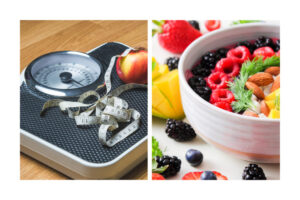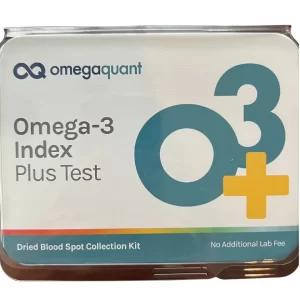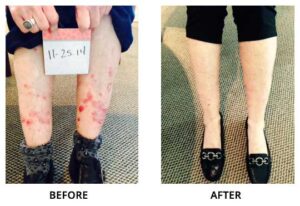Since 85% of women experience Premenstrual Syndrome (PMS) symptoms (some can be severe) and about 75% suffer with menopausal symptoms, let’s discuss what we can do to prevent or reduce such unnecessary discomfort! I suffered with excruciating pain and discomfort with PMS as I didn’t know that my diet and lifestyle choices were causing it. Menopausal symptoms however, have been virtually nonexistent as I now consume a whole, clean food diet.
Infertility is another growing issue in the U.S. which impacts 11% or 6.7 million women. Sadly, the medical community is not considering diet and lifestyle as a solution. Changing these thought processes could save billions of dollars and provide safer options for mom and baby.
PMS symptoms occur during or before the menstrual cycle which can include bloating, weight-gain, aggression, cloudy thinking, head or backaches, cravings, anxiety, mood swings and more. PMS is correlated to the body being out of balance, specifically the hormones progesterone and estrogen.
As women age, levels of their hormones become imbalanced as the body produces less of them. Estrogen and progesterone, the two primary hormones, work together to perform their many and complex functions. Between the ages of 45-50, most women will cease to have a menstrual period. This marks the beginning of the official menopause phase.
Symptoms of menopause can include hot flashes, night sweats, moodiness and more. During this time is usually when women seek the advice of their physician or natural health practitioner to help battle the changes.
Hot flashes are the most frequent symptom of menopause and premenopause as two-thirds of all women suffer with them. They occur when blood vessels near the skin’s surface expand to cool the body. Hot flash symptoms may include a red face, sweating, increased heartbeat or chills. If they occur at night, they are called night sweats. Stress, caffeine, alcohol, spicy foods, tight clothing, heat and smoke from tobacco products can trigger hot flashes.
The fundamental element to putting the body back in balance is a diet of whole, clean, unprocessed food and especially fruits, vegetables, greens and essential fatty acids. What do I mean by whole, clean food? Whole, clean food is the stuff straight from God and nature without additives, preservatives, pesticides, herbicides, and not genetically modified. Chemical toxins combined with nutrient deficiencies are a major cause of hormone imbalance.
Ideally, the whole, clean food you consume should be vine-ripened (picked at peak nutrient levels versus being picked green) or certified organic. According to the USDA, half your daily intake of food should be from fruits, vegetables and greens, which is approximately 7-13 servings! Are you getting a variety of these on a daily basis? If not, check out my secret weapon to bridge that important gap.
The second key element to balancing the body is sufficient essential fatty acids (EFAs). This includes the nuts and seeds (raw, unsalted) to supply fiber, protein and EFA’s that are crucial to hormone regulation. Nature provides these through foods such as:
- Extra Virgin Olive Oil, cold pressed
- Butter or ghee (from grass-fed, antibiotic, hormone free animals)
- Borage oil
- Hemp seeds or oil
- Nuts and nut butters especially almond and walnut
- Coconut Oil
- Avocados
- Flax seeds and oils
From seafood, we obtain EFA’s from wild (not farm-raised) cold-water fish and oils such as sardines and salmon.
Consuming a minimum of 2-4 Tablespoons per day and a variety of each of the EFAs is crucial for hormone balancing, which supports fertility as well.
The body requires good fats or EFA’s as they are a necessary basic component in hormones and the production of prostaglandins, which are the precursors to hormones. Prostaglandins are important for the regulation of:
- Inflammation, pain and swelling
- Blood pressure and heart function
- Kidney function and balance
- Allergic response
- Immune response
- Nerve transmission
- Steroid production and hormone synthesis
- Blood clotting and red blood cell/platelet aggregation (stickiness)
The good prostaglandins prevent blood cells from sticking together, which leads to improved blood flow and reduced inflammation, therefore, reduced pain.
Eating whole, clean, processed foods and increasing or adding EFA’s are two key steps to balance the body and hormones. What foods have you found help balance the body when it comes to hormone health or what foods have you learned to avoid?





